A bassist's guide to Bootsy Collins: The must-have album and what to avoid
We celebrate the inimitable BC

Bootsy Collins creates funk so fresh it must have come from outer space. Born in Cincinatti in 1951, the supremely talented Rock And Roll Hall Of Famer is a legend not just for his interstellar playing, but also for his star-shaped basses and off-the-planet style.
The band he formed with his big brother ‘Catfish’ Collins, the Pacemakers, debuted in 1968 and took over as James Brown’s backing band for around a year in 1970 - not bad grounding for a subsequent career alongside George Clinton in the peerless Funkadelic and Parliament.
Hugely in demand as a sessionist and performer, Bootsy has lent vocals and bass to countless other projects, working with the likes of Fatboy Slim, Buckethead and Deee-Lite. In 2010, he opened the online bass school, Bootsy Collins’ Funk University, giving lessons from his own career as well as guests including Les Claypool and Victor Wooten.
Now in his late sixties, Collins has stepped back from the live arena on medical advice, although he continues to work in the studio. When you’re talking about a galaxy-sized talent like this, the word ‘influential’ doesn’t even begin to cover it.
Must-have album
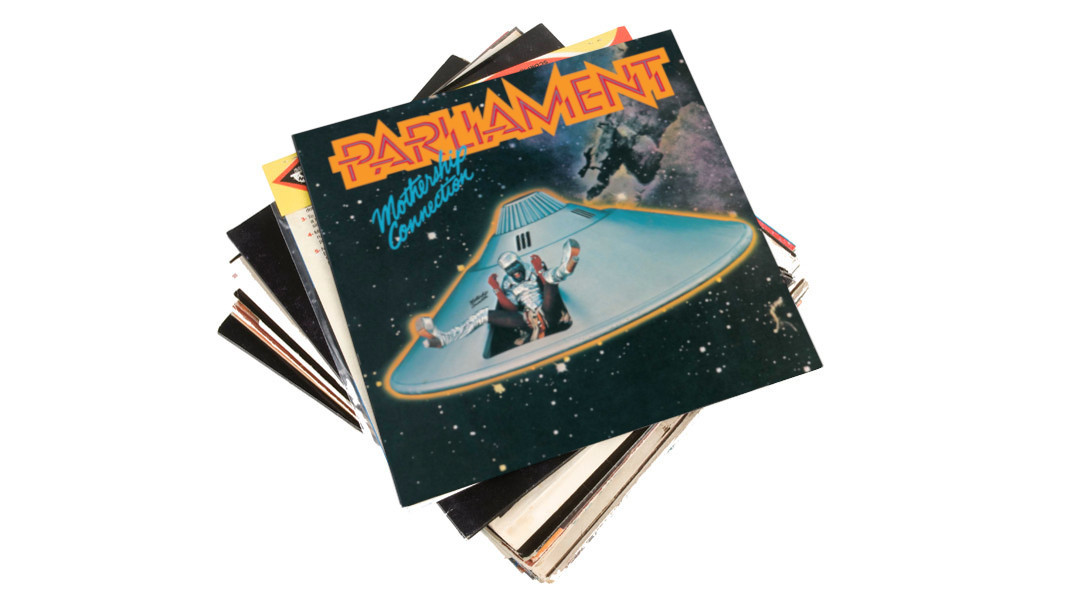
Parliament - Mothership Connection (1975)
A masterpiece. The band is on point, the songs are wonderful and Bootsy’s bass is as exuberant an expression of the instrument as you’re likely to get. The irresistible low-frequency syncopation and high-neck, liquid glissandi of the choruses of ‘P. Funk (Wants To Get Funked Up) contrast with the restraint of the verses.
Breaking it down, holding it back, and finally returning for an orgasmic final chorus, it’s the record that spawned countless hip-hop samples, and was arguably instrumental in launching that genre. Bootsy’s chords and horn-echoing work on ‘Unfunky UFO’ and relatively sparse work on Supergroovalisticprosifunkstication (The Bumps Bump) are absolutely masterful.
Get the MusicRadar Newsletter
Want all the hottest music and gear news, reviews, deals, features and more, direct to your inbox? Sign up here.
At this stage, he was using mostly either his Jazz or his P-Bass, which had an additional Jazz pickup by the bridge. More often than not these would be played through an Ampeg SVT, which really pulled up the mids. It’s ubiquitous now, but can you imagine how Give Up The Funk (Tear The Roof Off The Sucker) went down when it dropped for the first time? The funk archetype, in just under six minutes.
Worthy contender
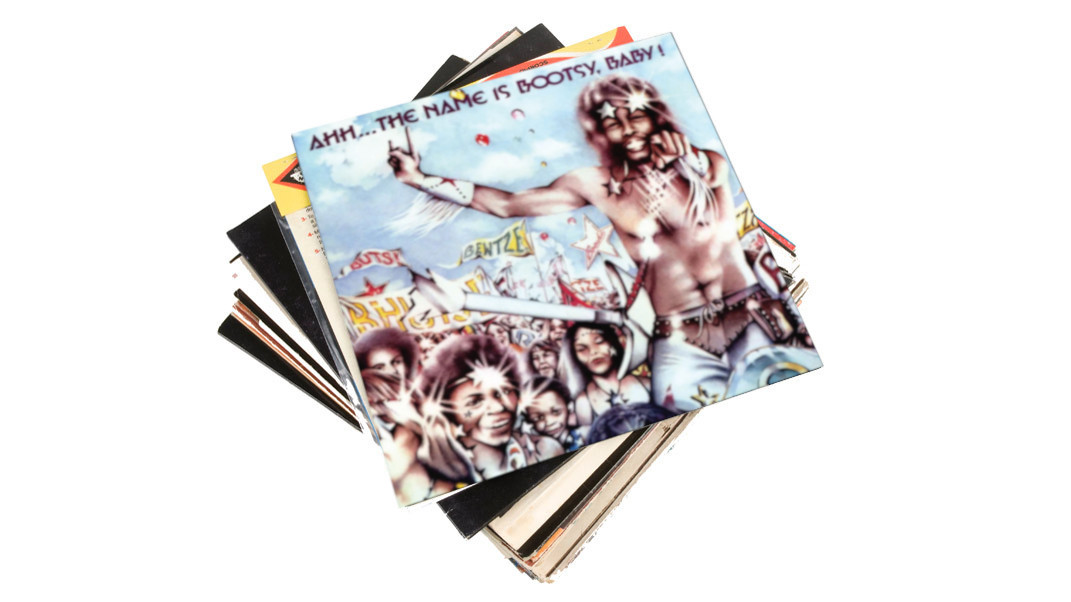
Bootsy’s Rubber Band - Ahh... The Name Is Bootsy, Baby! (1977)
The fullest expression of the Bootsy vision is full of life, laughter, and sex. The best song on here is the ace ‘What’s A Telephone Bill?’. With the advent of synths, Collins wanted to land-grab control of the lower registers, so two years prior Larry Pless at Gus Zoppi Music in Michigan had created his iconic Space Bass, a star-shaped instrument with a Precision-like neck and multiple outputs.
Early pedal choices included the slaptacular Mu-Tron III Envelope Filter, the Big Muff, Key-9 and Microsynth from EHX, and countless others. The first Space Bass, which had a mahogany body and maple neck, was stolen (it was found later in a Cincinnati pawnshop). Pless made Bootsy a new one from basswood. These days, he’s got a signature Warwick with a star-shaped body and headstock... it’s funky, but try finding a gig bag for it.
Cool grooves
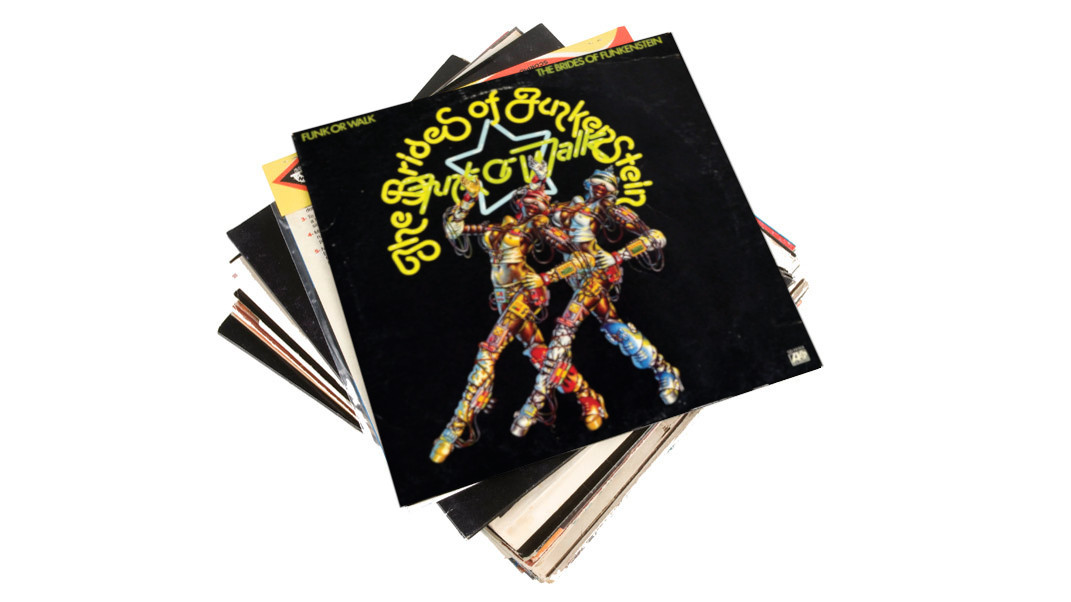
Brides Of Funkenstein - Funk Or Walk (1978)
Nothing exists in a vacuum, especially not P-Funk. In the aftermath of Donna Summer and Georgio Moroder’s I Feel Love, the challenge was on, and the Brides Of Funkenstein stepped up with an LP full of disco-funk courtesy of dual vocalists Lynn Mabry and Dawn Silva, late of Sly & The Family Stone.
Produced by George Clinton and also featuring bass by Skeet Curtis, Funk Or Walk sometimes sounds like a stage show - Nappy, for one, could easily be a Broadway hit. Disco To Go, originally a Bootsy’s Rubber Band track, provides a classic bass-line up and down the neck. The sprawling Just Like You slows things down, the bass alternating between chord work and high-register smoothness. It’s dramatic, almost overwrought - and it entirely sums up a record that’s at the crossroads between 70s soul-funk and the new craze of disco.
Wild card
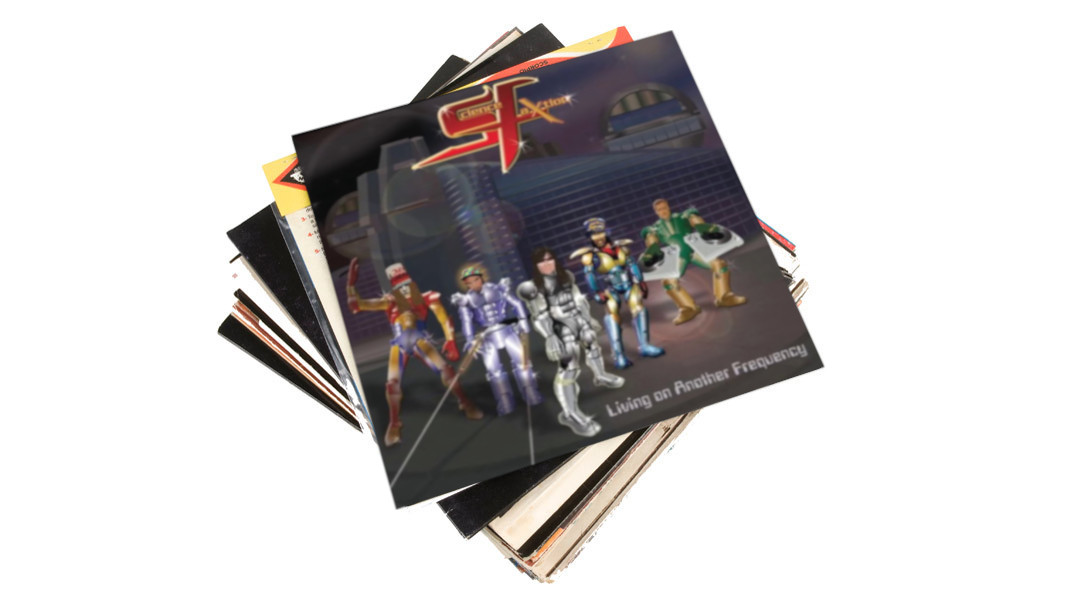
Science Faxtion - Living On Another Frequency (2008)
A fusion of funk, rock, metal and electro, this brilliant post-apocalyptic nightmare is the sound of technology bashing humans out of the way entirely. The title track is as hefty as it comes - a meaty Buckethead riff, layered vocals, boingy bass interjections and a squiddly guitar to boot.
Bootsy has never got closer to glam rock than here, with a step sideways into the dirty possibilities of funk-metal, as one listen to the absolutely huge Chaos In Motion proves. If you’re looking for over-the-top bass showing-off, look elsewhere, although the riff to Famous is a familiarly squelchy, FX-soaked and kinetic Collins special and What It Is lays down a fantastic blues- funk basis, suitable for a fantastic performance from guest rapper Chuck D of Public Enemy. Check out, too, the speedy octave pulse of the bass after around two minutes of Fatally Flawed Flesh before it all goes speaker-burningly nuts again.
Avoid at all costs
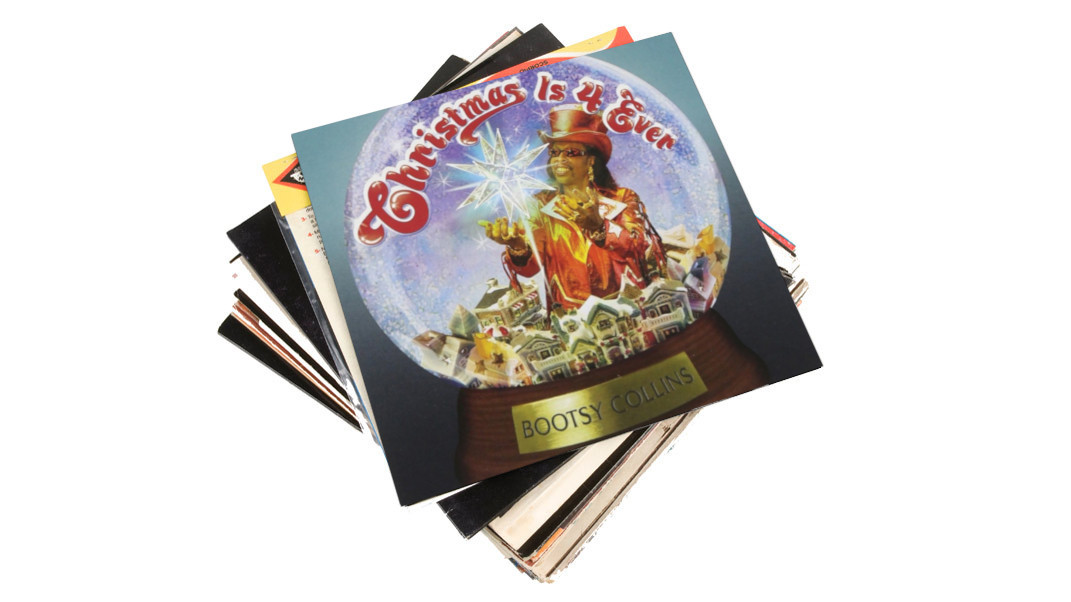
Bootsy Collins - Christmas Is 4 Ever (2006)
Three things are inevitable: death, taxes, and ropey Chrimbo albums from artists who should know better. Bootsy being Bootsy, this was actually released on Halloween, which explains the terrifyingly sleazy vocal on album opener N-Yo-City.
Collins then rips up the arrangements of trad Xmas songs like Jingle Bells (here, Jingle Belz) and Silent Night. The Snoop-featuring Happy Holidaze starts with a phone message from George Clinton himself, before morphing into a daft hip-hop-meets-Stevie Wonder workout.
Sleigh Ride, which features Charlie Daniels, is so awful that not even Bootsy’s rubbery twang can rescue it. At least Winter FunkyLand shows how cheesiness can be cool in the hands of a master. This album is like egg nog: you’ll eagerly have it once a year, and the subsequent queasiness will ensure that it goes back into storage for 12 more months.


"Reggae is more freeform than the blues. But more important, reggae is for everyone": Bob Marley and the Wailers' Catch a Fire, track-by-track
“Part of a beautiful American tradition”: A music theory expert explains the country roots of Beyoncé’s Texas Hold ‘Em, and why it also owes a debt to the blues









